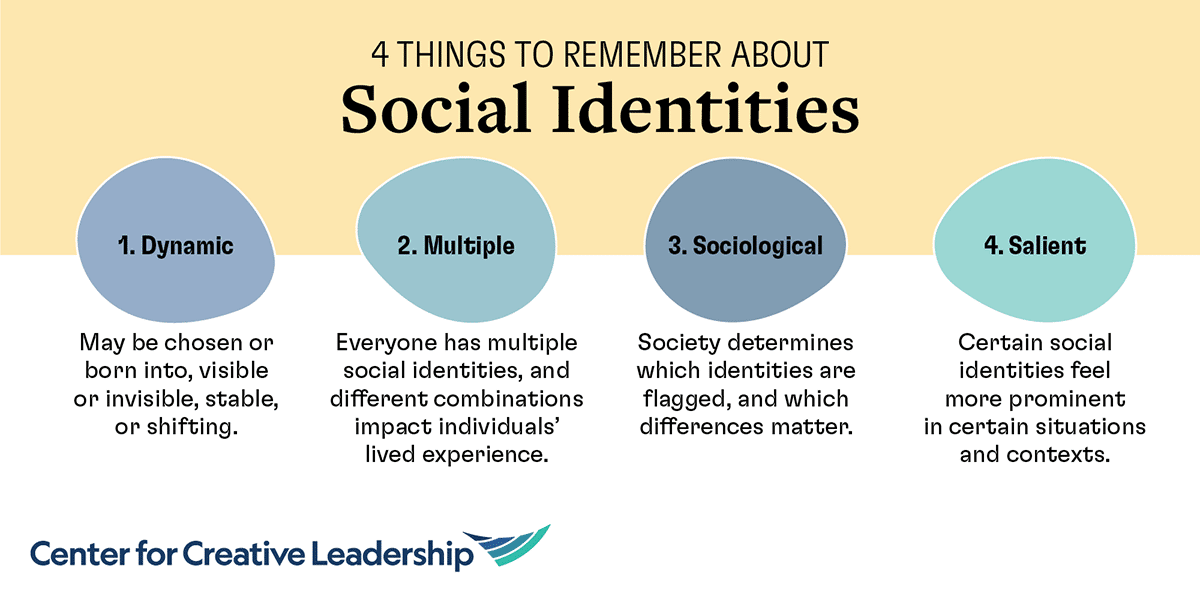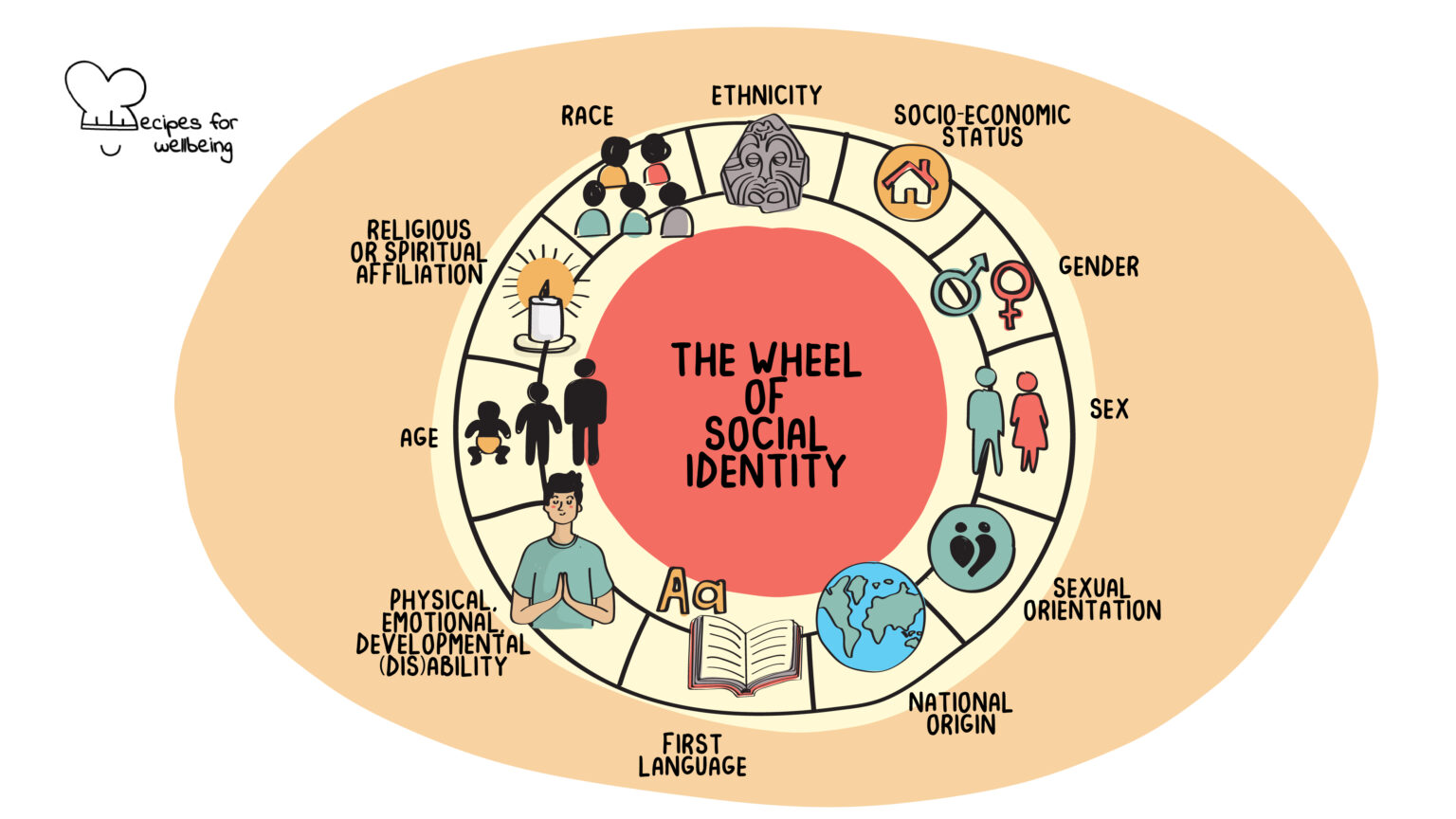Carrie Mae Weems is an acclaimed American artist who has made a significant impact in the world of photography. Born in Portland, Oregon in 1953, Weems has been praised for her thought-provoking and socially conscious works that often explore themes of race, gender, and identity. She is best known for her iconic series, The Kitchen Table Series, which has become a cornerstone of her career and has been exhibited in galleries and museums around the world.Carrie Mae Weems: A Pioneer in Contemporary African American Photography
Consisting of 20 photographs and accompanying text, The Kitchen Table Series was created between 1990 and 1992 and captures the daily life of Weems and her friends and family at the kitchen table in her home. The series is a candid and intimate portrayal of domesticity, revealing the complexities and nuances of relationships and the roles of women within the home.The Kitchen Table Series: An Intimate Look at Domesticity
At first glance, The Kitchen Table Series may seem like a simple documentation of everyday life. However, upon closer examination, it becomes clear that Weems is using the kitchen table as a symbol for a larger societal issue – the lack of representation and recognition of the experiences of African American women. Through her photographs, Weems challenges traditional ideas of femininity and highlights the often overlooked contributions of Black women in domestic spaces.The Meaning Behind the Series
As a medium, photography has the power to capture and convey powerful messages. Weems harnesses this power in her work, using The Kitchen Table Series to address issues of race, gender, and identity. By shining a light on the everyday experiences of African American women, Weems challenges viewers to confront their own biases and assumptions.The Power of Photography in Addressing Social Issues
Throughout her career, Weems has been a vocal advocate for African American rights and has used her art to shed light on the struggles and triumphs of the Black community. In The Kitchen Table Series, she not only addresses issues of race, but also delves into the complexities of gender and feminism. By showcasing the diverse experiences of the women at the kitchen table, Weems challenges the notion of a singular, universal experience for all women.Exploring African American Identity and Feminism
At its core, The Kitchen Table Series is a commentary on the intersection of domesticity and identity. By choosing to focus on the kitchen table, a symbol of the traditional role of women in the home, Weems highlights the complexities and contradictions within this societal construct. The series challenges viewers to question their own assumptions about domesticity and the roles and expectations placed on women within the home.The Intersection of Domesticity and Identity
One of the most powerful elements of The Kitchen Table Series is Weems’ exploration of race as a social construct. By showcasing the diverse experiences and identities of the women at the kitchen table, Weems challenges the idea of a singular, monolithic Black experience. She highlights the nuances and complexities of race, and the ways in which it intersects with other aspects of our identities.Race as a Social Construct
Over 25 years after its creation, The Kitchen Table Series continues to captivate and inspire viewers. Its enduring legacy speaks to the power of Weems’ work and its ability to spark conversations and challenge societal norms. The series remains a testament to the importance of representation and the impact that art can have in addressing social issues.An Enduring Legacy
In conclusion, The Kitchen Table Series by Carrie Mae Weems is a powerful and thought-provoking body of work that challenges viewers to confront their own biases and assumptions about race, gender, and identity. Through her photography, Weems calls for a more inclusive and nuanced understanding of these complex issues and encourages us to take action towards a more equitable society.The Kitchen Table Series: A Call to Action
The Powerful Symbolism of Carrie Mae Weems' "The Kitchen Table Series"

Exploring Identity, Gender Roles, and Domestic Spaces
 Carrie Mae Weems' "The Kitchen Table Series" is a thought-provoking and deeply moving collection of photographs that delves into the complexities of identity, gender roles, and domestic spaces. The series, first exhibited in 1990, features Weems in various poses and scenarios at her kitchen table, often accompanied by other individuals. Through this simple yet powerful setting, Weems is able to convey a multitude of themes and messages, making "The Kitchen Table Series" a timeless and relevant work of art.
One of the main themes that run through "The Kitchen Table Series" is the idea of identity.
Weems, who is a black woman, uses the kitchen table as a metaphor for her own experiences and struggles with self-identity. In a society that often imposes narrow definitions of what it means to be a woman or a person of color, Weems challenges these stereotypes and presents a more nuanced and complex understanding of identity. Through her photographs, she explores the intersection of race, gender, and class, and how these factors shape one's sense of self.
Moreover,
the kitchen table also serves as a symbol for domestic spaces and the roles associated with them.
Historically, the kitchen has been seen as a woman's realm, a place for cooking, cleaning, and caring for the family. Weems subverts this notion by showing herself in various poses, often in control and empowered, challenging traditional gender roles. She also includes other individuals in the photographs, depicting the dynamics of relationships and the power dynamics within them.
Furthermore,
"The Kitchen Table Series" also speaks to the universal human experience of love, loss, and longing.
Through her powerful and emotive images, Weems captures the complexities of relationships and the emotions that come with them. The kitchen table becomes a witness to these moments, a site for intimate conversations and connections. Weems' use of black and white photography adds a timeless quality to the series, making it relatable to people from all backgrounds and generations.
In conclusion, Carrie Mae Weems' "The Kitchen Table Series" is a masterful and thought-provoking exploration of identity, gender roles, and domestic spaces. Through her use of symbolism and powerful imagery, Weems challenges societal norms and offers a more nuanced understanding of these complex themes. This series continues to be relevant and impactful, making it a significant contribution to the world of art and photography.
Carrie Mae Weems' "The Kitchen Table Series" is a thought-provoking and deeply moving collection of photographs that delves into the complexities of identity, gender roles, and domestic spaces. The series, first exhibited in 1990, features Weems in various poses and scenarios at her kitchen table, often accompanied by other individuals. Through this simple yet powerful setting, Weems is able to convey a multitude of themes and messages, making "The Kitchen Table Series" a timeless and relevant work of art.
One of the main themes that run through "The Kitchen Table Series" is the idea of identity.
Weems, who is a black woman, uses the kitchen table as a metaphor for her own experiences and struggles with self-identity. In a society that often imposes narrow definitions of what it means to be a woman or a person of color, Weems challenges these stereotypes and presents a more nuanced and complex understanding of identity. Through her photographs, she explores the intersection of race, gender, and class, and how these factors shape one's sense of self.
Moreover,
the kitchen table also serves as a symbol for domestic spaces and the roles associated with them.
Historically, the kitchen has been seen as a woman's realm, a place for cooking, cleaning, and caring for the family. Weems subverts this notion by showing herself in various poses, often in control and empowered, challenging traditional gender roles. She also includes other individuals in the photographs, depicting the dynamics of relationships and the power dynamics within them.
Furthermore,
"The Kitchen Table Series" also speaks to the universal human experience of love, loss, and longing.
Through her powerful and emotive images, Weems captures the complexities of relationships and the emotions that come with them. The kitchen table becomes a witness to these moments, a site for intimate conversations and connections. Weems' use of black and white photography adds a timeless quality to the series, making it relatable to people from all backgrounds and generations.
In conclusion, Carrie Mae Weems' "The Kitchen Table Series" is a masterful and thought-provoking exploration of identity, gender roles, and domestic spaces. Through her use of symbolism and powerful imagery, Weems challenges societal norms and offers a more nuanced understanding of these complex themes. This series continues to be relevant and impactful, making it a significant contribution to the world of art and photography.




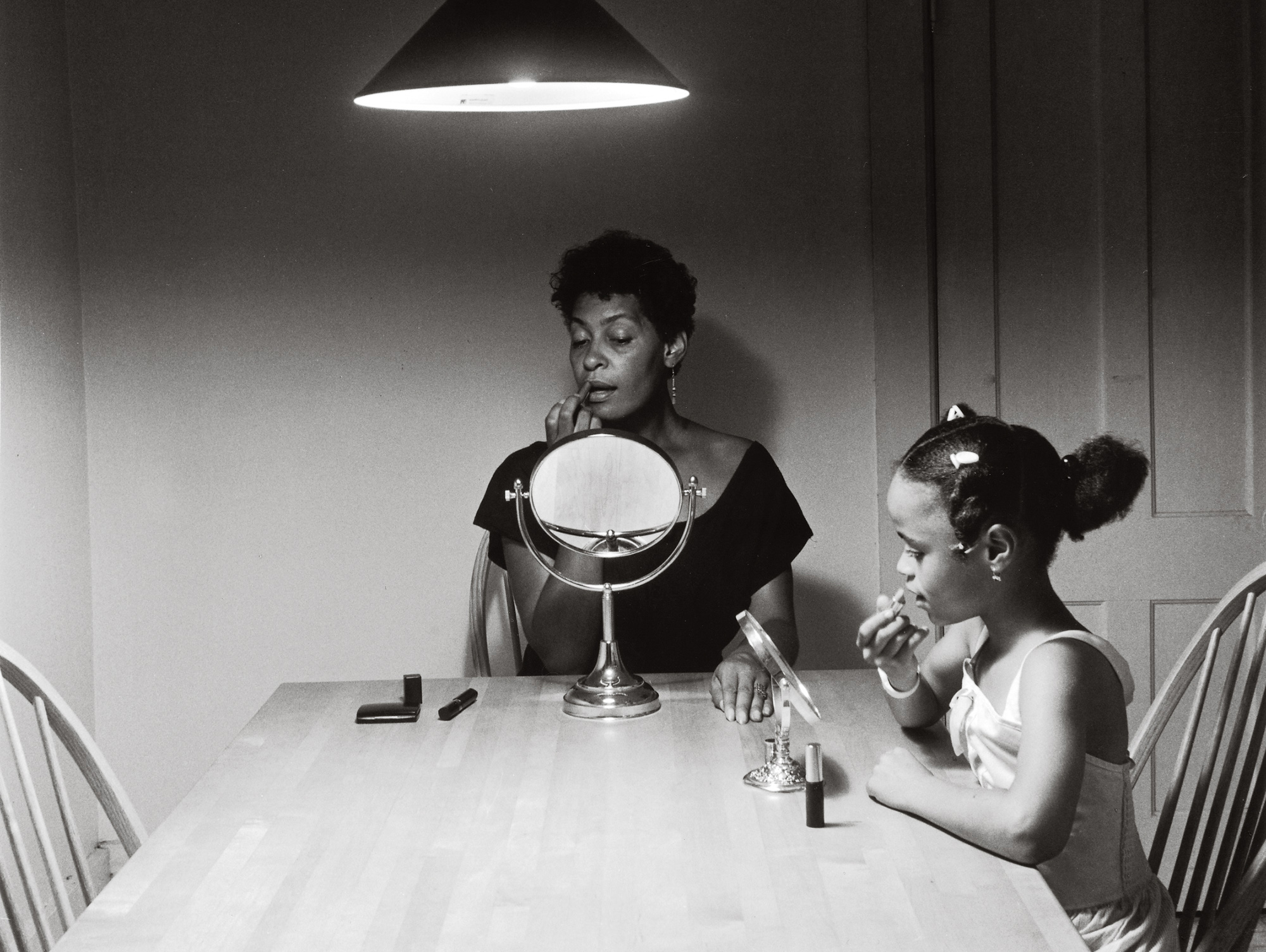


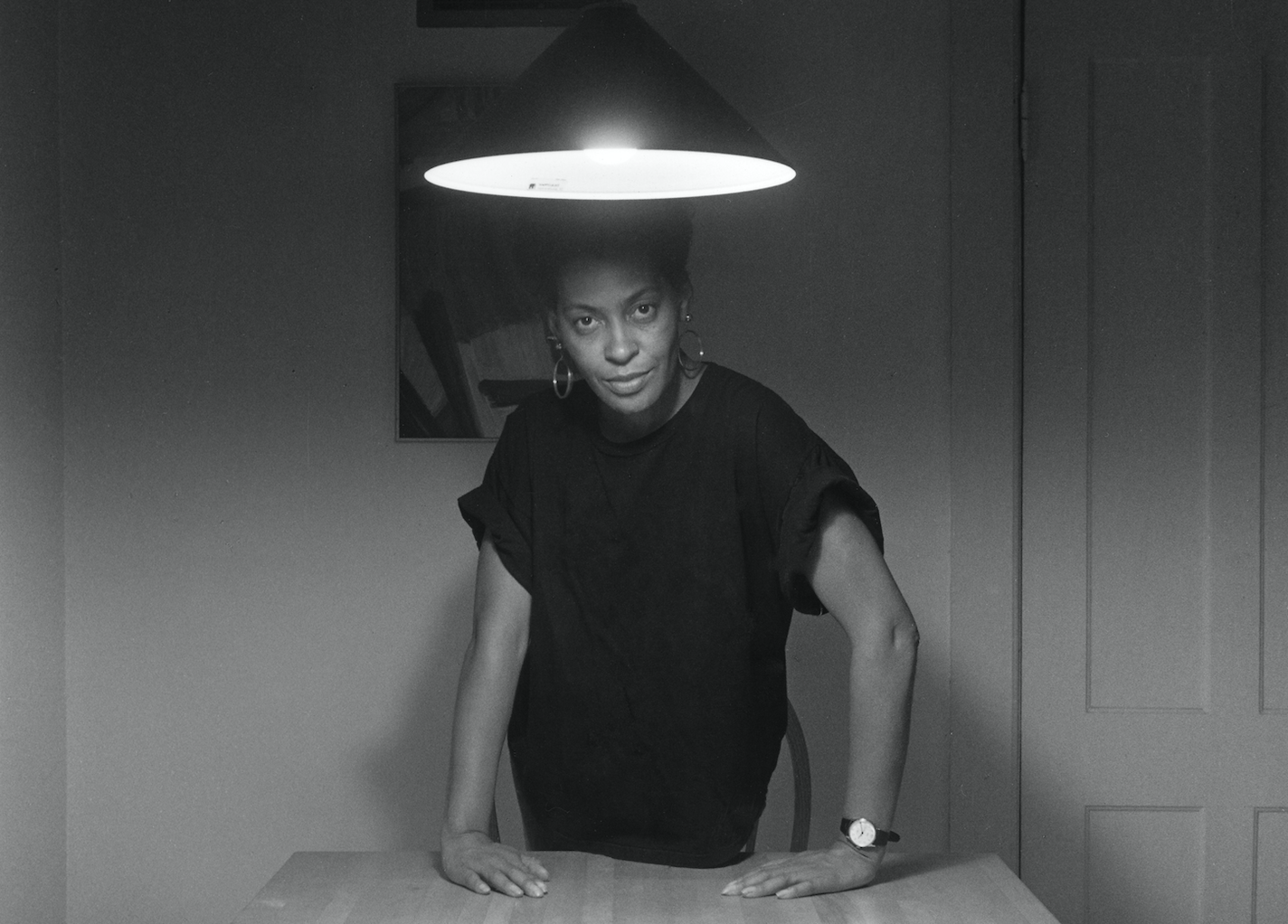









































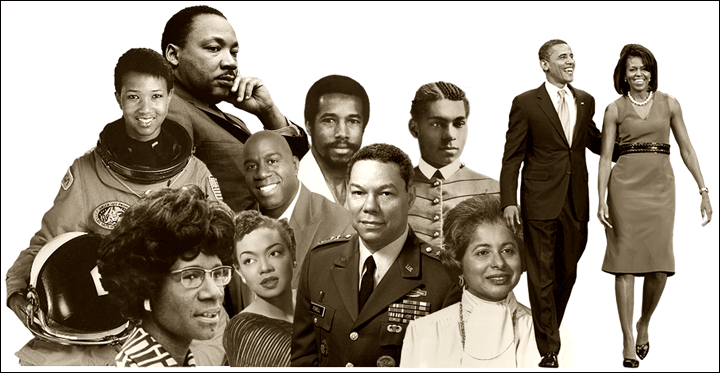


:max_bytes(150000):strip_icc()/Maya-Angelou-589c7dbe3df78c4758cf0abe.jpg)

:max_bytes(150000):strip_icc()/MLK-589c7eaf3df78c4758d16d97.jpg)
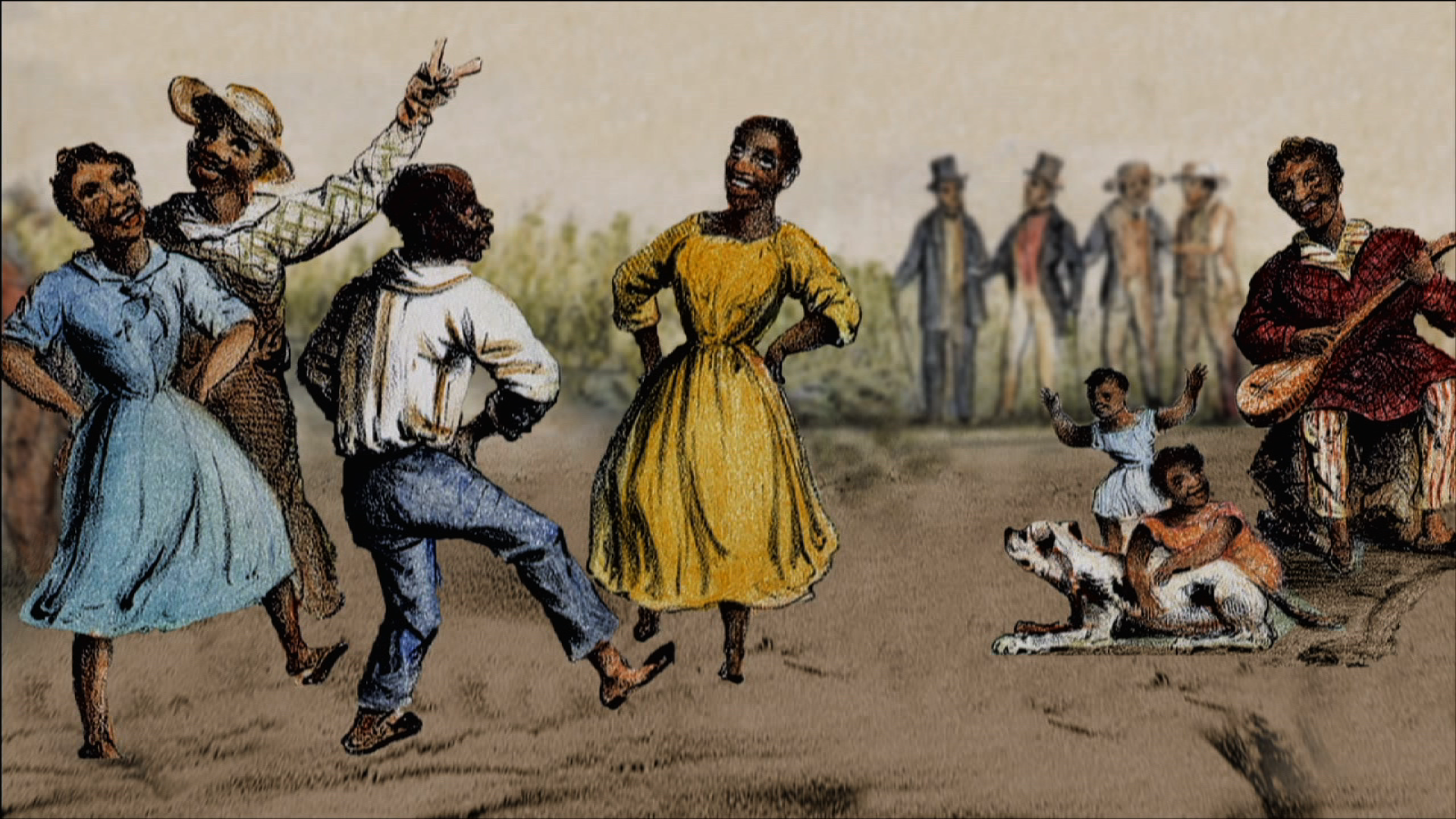




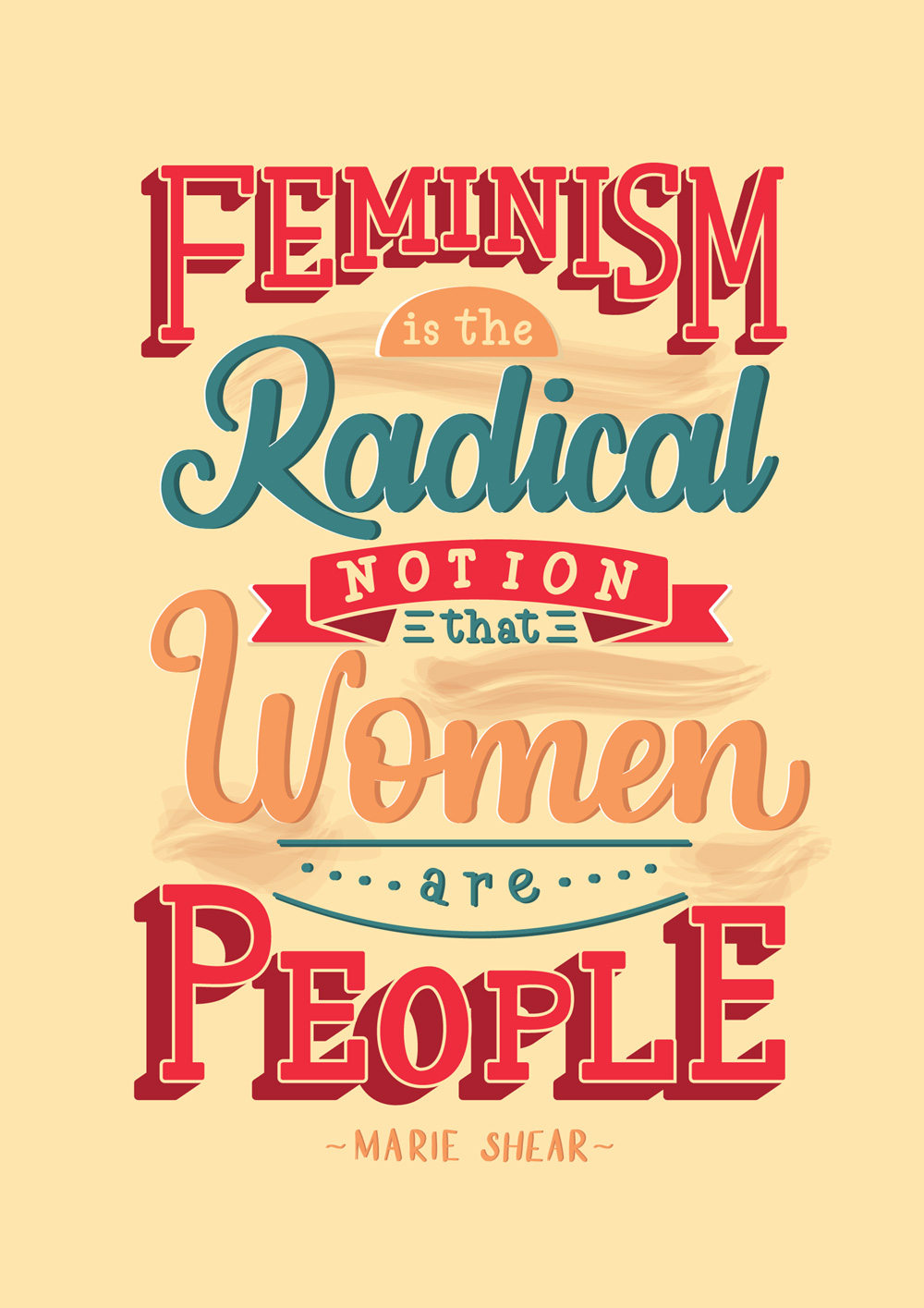







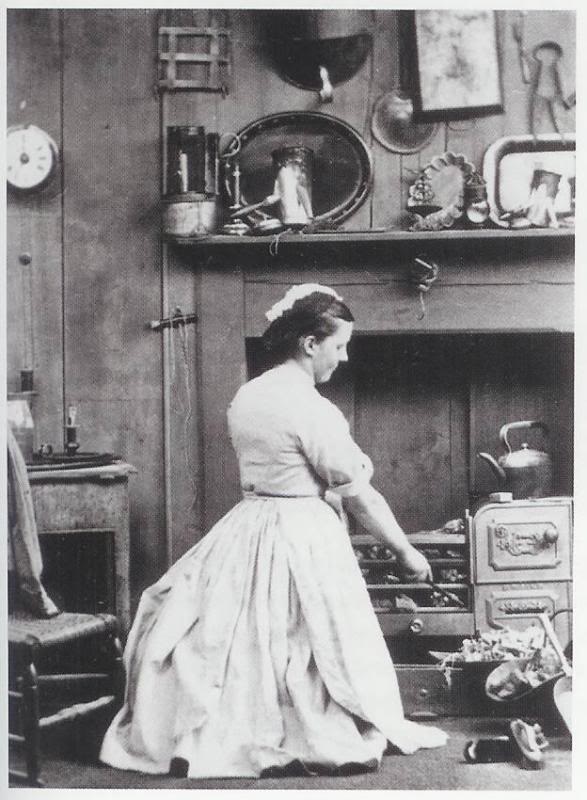

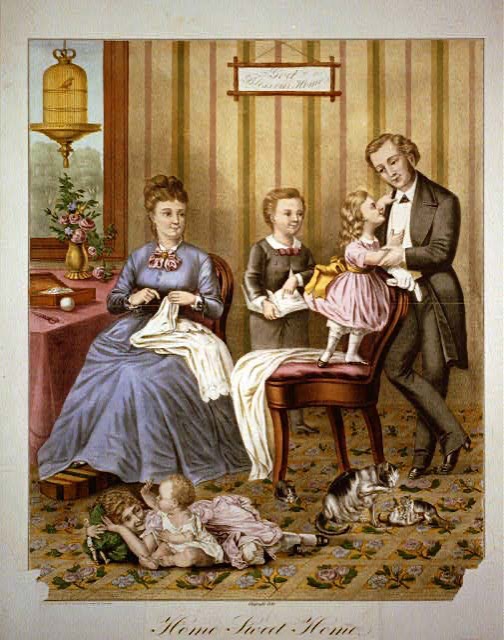
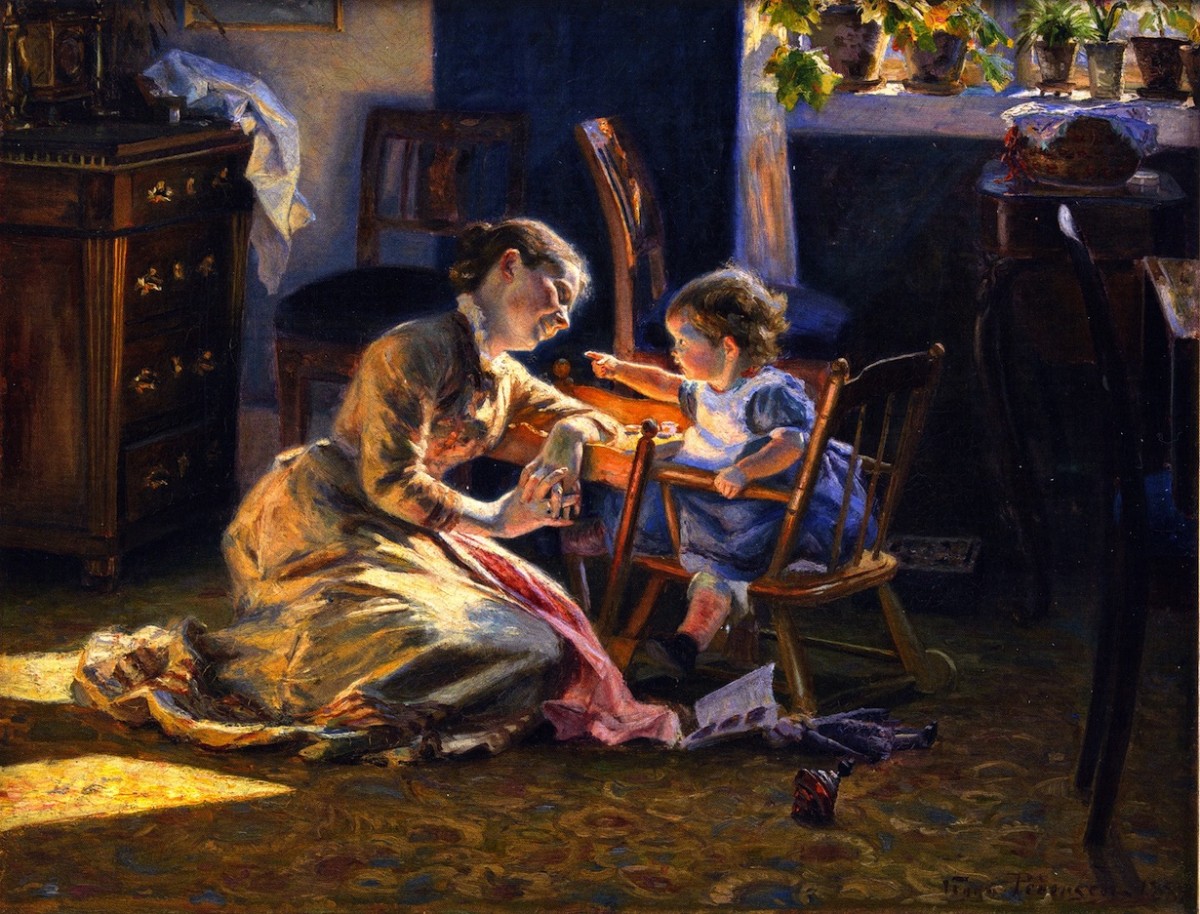


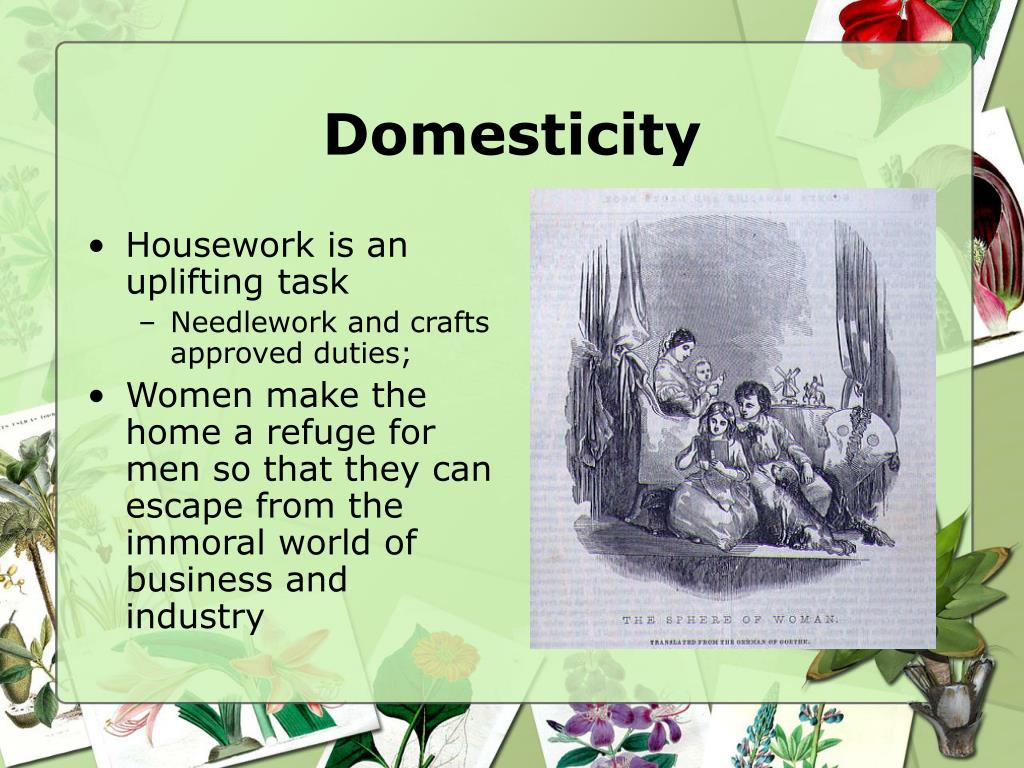



:max_bytes(150000):strip_icc()/GettyImages-645027246-00594cac9ae142009399f9feea7abe32.jpg)
/GettyImages-466972879-c5921c6e24804f9ab4d1cea79f8f32dc.jpg)






